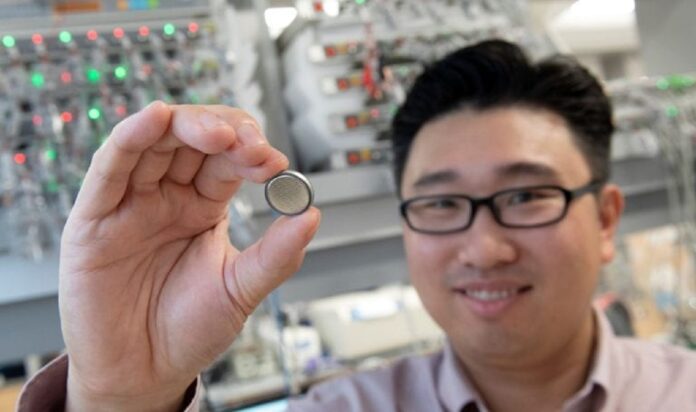Researchers at the University of California, Irvine, have created a nickel-based long-term substitute that could reduce or perhaps do away with the need for cobalt in the batteries used to power electric vehicles and other items.
The method’s creator, UCI professor of physics and astronomy Huolin Xin, asserted that Nickel did not use child labor.
Nickel-based batteries must use the least amount of Nickel possible to be a competitive alternative to cobalt. The main chemical formula in lithium-ion batteries could be changed using a procedure created by Xin’s team dubbed “complex concentrated doping” that was as simple to use as changing the seasonings in a dish.
The doping method substitutes Nickel for cobalt in commercial components necessary for lithium-ion battery operation. Because Nickel is more efficient, EV batteries require less Nickel to function.
Xin, whose team published its findings in the journal Nature Energy, said, “We’re the first group to start going in a low-nickel direction. In a previous study by my group, we came up with a novel solution to fully eliminate cobalt. But that formulation still relied on a lot of Nickel.”
Regarding UCI’s Brilliant Future initiative: The Brilliant Future campaign, which went public on October 4, 2019, intends to increase support for and knowledge of UCI. UCI aims to achieve new levels of excellence in student success, health and wellbeing, research, and other areas by involving 75,000 alums and attracting $2 billion in philanthropic investment. The School of Physical Sciences is essential to the campaign’s success.
A new, less contentious generation of lithium-ion batteries might be introduced as a result of this finding. The University of California, Irvine (UCI) is one of the top 10 public universities in the US and a member of the Association of American Universities.
It is renowned for its academic success, world-class research, innovation, and anteater mascot. It has produced five Nobel laureates.
Xin said, “Doping also increases the efficiency of nickel,” which means EV batteries now require less Nickel to work – something that will help make the metal a more attractive alternative to cobalt-based batteries.
He said. “EV makers are very excited about low-nickel batteries, and many EV companies want to validate this technique. They want to do safety tests.”
According to Xin, the lithium-ion battery market will change soon due to the new nickel chemistry. He claimed that electric vehicle manufacturers have already made plans to reproduce the findings that his team had previously reported.
Upon request and with university consent, radio shows and stations may use an on-campus ISDN line to conduct paid interviews with UCI faculty and experts.
Journal Reference:
- Zhang, R., Wang, C., Zou, P., et al. Long-life lithium-ion batteries realized by low-Ni, Co-free cathode chemistry. Nature Energy. DOI:10.1038/s41560-023-01267-y
